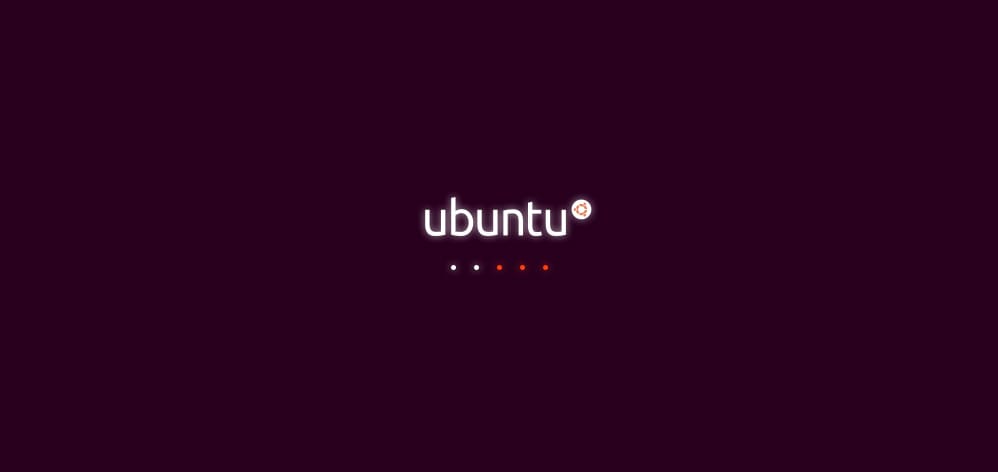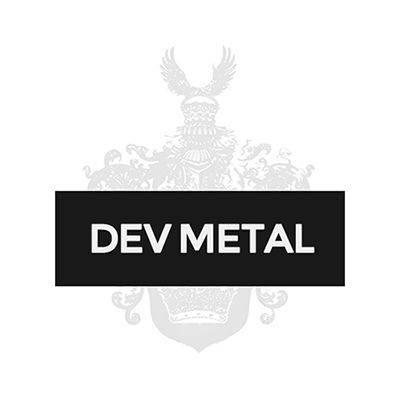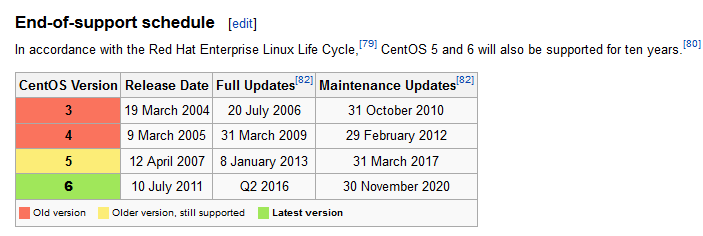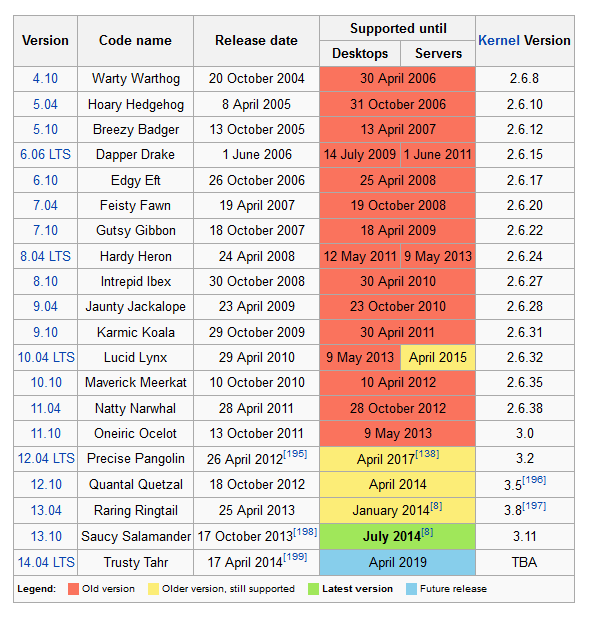Which server OS version to choose ? Some EOL lists of Debian, Ubuntu and CentOS

Moving running projects (especially smaller ones that you’ve made for clients years ago) from an outdated and not-supported linux version can be a huge pain in the ass, and will quite often kill you (and your client). When PHP 5.2 reached its End of Life, millions of websites had to migrate to newer versions of PHP, and usually also to newer versions of the underlaying operating system. Beside the fact that PHP 5.3 introduced lots of breaking changes, a much stricter error reporting (e_notices shown by default afaik) and many “deprecated warnings” that even broke “professional” software like WordPress, several CMS etc., it’s also nearly impossible to upgrade a five year old operating system without harming the software, the running system and your client unless you are a system administrator or an advanced devop – but most of us developers aren’t. To prevent this (and to protect us from ourselves), it’s useful to have a look on the lifetimes of mainstream server operating systems.
Debian
Looks like Debian 6 (which is definitly some kind of standard and extremely widely used, most VPS providers don’t even offer Debian 7) only has 4 months from now until there will be no updates anymore.
CentOS
CentOS looks much better, the long-term support for CentOS 5 and 6 looks promising. However, the PHP-packages of CentOS are usually really old (but not outdated!). CentOS might not be suitable for mainstream usage, as most tutorials only work with Debian/Ubuntu, CentOS works a little bit different.
Ubuntu
Ubuntu 12.04 LTS does exactly what it says: Long Term Service. While most versions are oudated already 18 months after release, LTS versions are supported for full 5 years. 12.04 seems to be the ultimate choice for everybody who needs reliable, future-proof and stressless servers. Most tutorials make use of simple classic apt-get installations, which is perfect for going with Ubuntu. Unless you know what you do, Ubuntu 12.04 LTS should be your choice. 12.04 LTS installs an older (but not outdated, and always very stable) PHP 5.3 version by default, but PHP 5.4 and PHP 5.5 are installabe easily too. As 12.04 LTS is maintained until April 2017, you can run applications/sites for more than 3 years from now without making your hands dirty.
Ubuntu 14.04 LTS looks promising and will introduce PHP 5.5 by default. Keep an eye on that!



